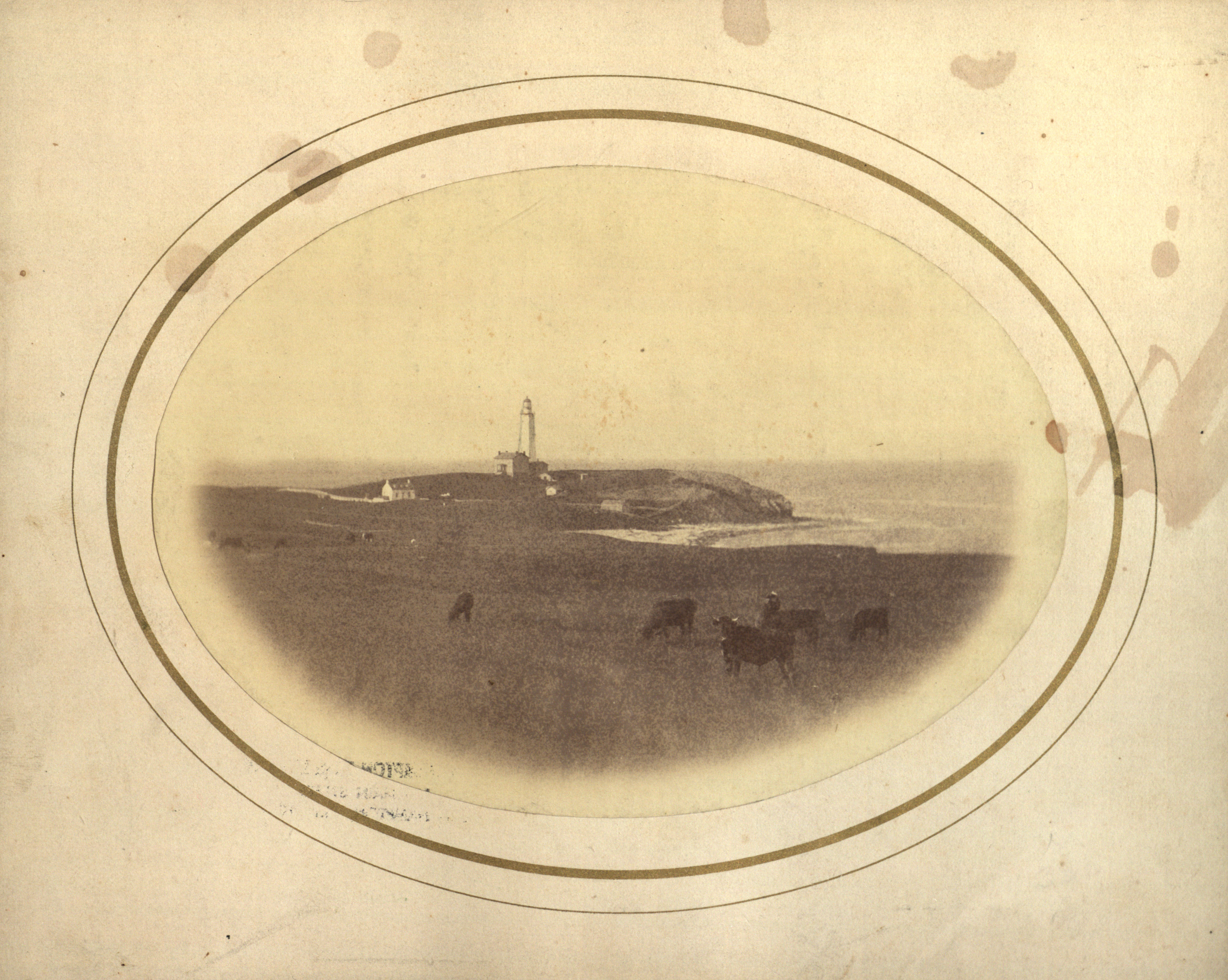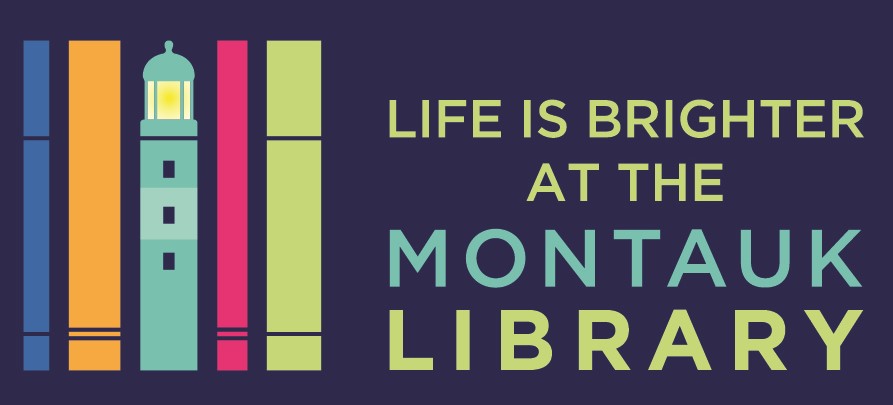
Early local settlers waited till the cows came home – literally — before celebrating Thanksgiving.
The Thanksgiving holiday was almost exclusively a local New England tradition observed as early as October or as late as January, depending on the town. On the eastern end of Long Island, the date was determined by the homecoming of cattle that had been sent to graze in Montauk roughly from May to November.
“As the return of the cattle was fixed annually by the town fathers sitting in solemn enclave, the date varied according to the season,” Ruth Finley wrote in Lady of Godey’s, a book about Sarah Josepha Hale, an esteemed 19th-century editor and the author of “Mary Had a Little Lamb” who also came to be known as “the Mother of Thanksgiving.”
“If an early winter was portended, the cattle and their herdsmen were recalled sooner; if the fall remained open and Indian Summer lingered, the cattle stayed at the Point late,” Finley wrote.
“But in either case,” she continued, “the coming of the herd, winding slowly across the downs, set the date for Thanksgiving.” In East Hampton town, Thanksgiving was the first Thursday after the cattle’s return, whenever that was.
The push for a national holiday began as early as George Washington’s presidency, but towns that were culturally tied to New England, such as East Hampton, resisted efforts to celebrate on a uniform day of the year. Then, for 17 years starting in 1846, came a campaign by Sara Josepha Hale. She wrote innumerable editorials in the women’s magazine she edited, Lady Godey’s Book. She sent out thousands of personal letters, including ones to a series of successive presidents who failed to take up the idea. Finally, in 1863, in the midst of the Civil War, her pleas to Abraham Lincoln persuaded him to embrace a new holiday as a way to unify the nation.
“I … invite my fellow citizens in every part of the United States and also those who are at sea or who are sojourning in foreign lands to set apart and observe the last Thursday of November next as a day of Thanksgiving and praise to our Beneficent Father,” Lincoln proclaimed that October 3. The president went on to “fervently implore the interposition of the Almighty Hand to heal the wounds of the nation to the full enjoyment of peace, harmony, tranquility, and Union.”
Happy Thanksgiving.
#Thanksgiving #Montauk #MontaukHistory #ThrowbackThursday #TBT #SarahJosephaHale

Reply or Comment